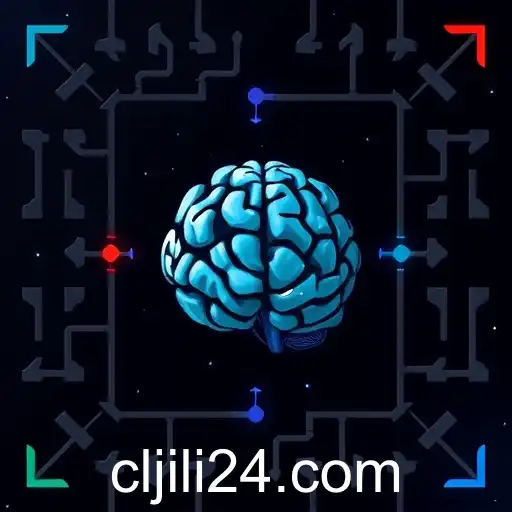cljili | Unraveling the Mystery: The Rise of 'Brain Puzzles' and the 'cljili' Phenomenon

In the digital age, where entertainment often intersects with mental exercise, 'Brain Puzzles' have carved out a unique niche. These games are more than just a diversion; they offer cognitive challenges that keep players engaged while enhancing their problem-solving abilities. Among the myriad of puzzle games available online, 'cljili' has established itself as a noteworthy keyword, synonymous with engaging and mind-bending puzzles.
'Brain Puzzles' encompass a wide range of games designed to stretch mental capacities and improve cognitive function. They include classic puzzles like Sudoku and crosswords, as well as modern digital games that incorporate complex scenarios requiring logical thinking and strategic planning. These games are not only entertaining but also serve educational purposes, making them popular among a diverse demographic, from younger students to older adults seeking to keep their minds sharp.
The popularity of 'Brain Puzzles' can be attributed in part to their accessibility and variety. Available on a multitude of platforms, from smartphones to desktops, they invite users to engage in mental challenges anywhere and anytime. This accessibility has been key to the rise of the 'cljili' keyword, which connects users to a plethora of these brain-teasing options.
'Cljili', although a seemingly cryptic term, is rapidly becoming associated with the idea of innovative and thought-provoking gaming. It serves as a beacon for those searching for intriguing puzzles that provide not just a test of the mind but also a source of entertainment and relaxation. By searching for 'cljili', users can access a tailored array of brain puzzle games, each offering unique challenges that cater to both novice and veteran puzzle solvers.
The significance of 'cljili' extends beyond just a keyword. It represents a growing community of puzzle enthusiasts who share a common interest in brain games that stimulate and entertain. This community is a testament to the enduring appeal of puzzles and their ability to adapt and thrive in the digital landscape. Furthermore, the keyword has become a rallying point for developers to innovate and introduce new games that push the boundaries of what brain puzzles can accomplish.
In conclusion, the 'Brain Puzzles' category, with 'cljili' at its forefront, continues to capture the interest and curiosity of gamers worldwide. It shows how digital entertainment can be cleverly combined with cognitive development, offering a unique form of amusement that is as beneficial as it is enjoyable. As technology evolves and more people seek intelligent ways to spend their leisure time, the allure of 'Brain Puzzles' and the growing recognition of 'cljili' are likely to persist, promising an exciting future for lovers of mental challenges.



